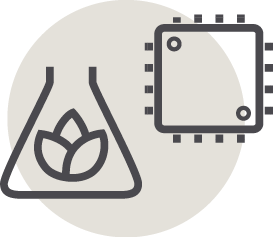Research Australia’s submission in response to the NHMRC’s Peer Review Consultation has urged the NHMRC to consult further on options for a two stage application process for the Ideas Grants.
There is considerable interest within our membership and across the health and medical research sector in a two-stage application process, and while there is not yet agreement on the approach, there is an appetite for change. Research Australia believes that a two-stage application process for Ideas Grants, incorporating an abbreviated application at the first stage, provides the chance to reduce the burden on applicants and reviewers alike, while better supporting the objectives of Ideas Grants to promote innovative and novel research.
In particular, the process could provide the focus on novel and innovative ideas and reduced emphasis on track record that the NHMRC is seeking. Research Australia’s submission explores the opportunity to adopt a two-stage application process for Ideas Grants and puts forward some considerations for further investigation and consultation.






